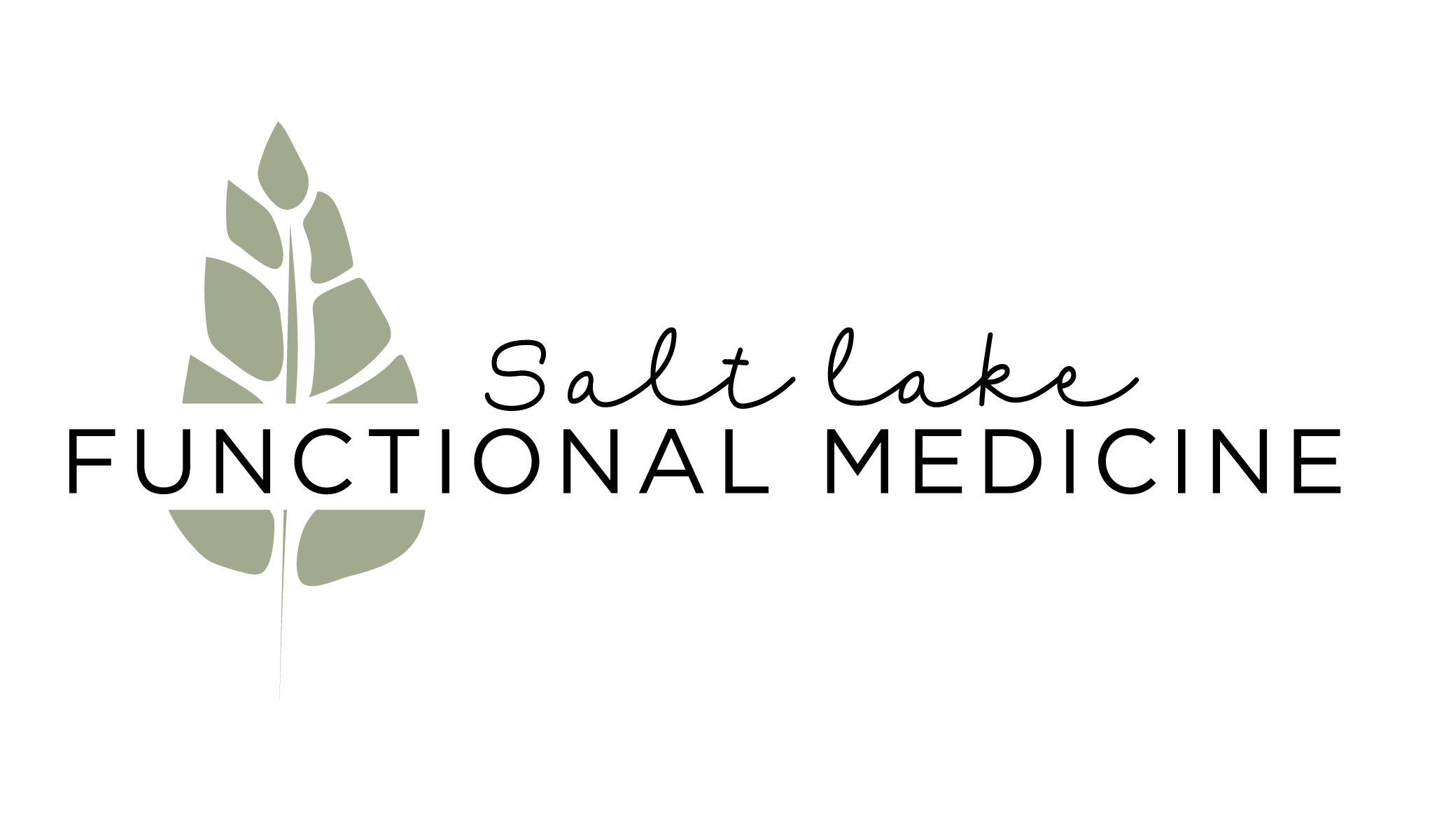Small Intestinal Bacterial Overgrowth (SIBO):
Restoring Gut Balance
Small Intestinal Bacterial Overgrowth (SIBO) occurs when there is an excessive amount of bacteria in the small intestine, a part of the digestive tract that typically has a relatively low bacterial count. This overgrowth can lead to a variety of digestive symptoms and interfere with nutrient absorption. At Salt Lake Functional Medicine, Dr. Tiffani Fries offers a functional medicine approach to address SIBO, restore gut balance, and improve your overall health.
Understanding SIBO
In a healthy digestive system, the small intestine primarily absorbs nutrients from food. However, in SIBO, bacteria from the large intestine migrate to the small intestine and multiply. These bacteria ferment carbohydrates, producing gases like hydrogen and methane, which can cause a range of symptoms.
Common Symptoms of SIBO:
- Bloating and abdominal distension
- Abdominal pain and cramping
- Diarrhea or constipation (or both)
- Gas and flatulence
- Nausea
- Fatigue
- Nutrient deficiencies
- Weight loss (in severe cases)
Causes and Risk Factors for SIBO:
Several factors can contribute to SIBO, including:
Slow gut motility:
Conditions that slow down the movement of food through the digestive tract, such as gastroparesis or nerve damage.
Low stomach acid:
Reduced stomach acid production, which can allow bacteria to survive and travel to the small intestine.
Structural abnormalities:
Issues with the anatomy of the digestive tract, such as strictures or adhesions.
Certain medications:
Some medications, like proton pump inhibitors (PPIs), can increase the risk of SIBO.
Underlying medical conditions:
Conditions like IBS, IBD, celiac disease, and diabetes can increase the risk of SIBO.
The Salt Lake Functional Medicine Approach to SIBO
Dr. Fries, DC takes a comprehensive approach to diagnosing and treating SIBO. This includes:
Detailed Assessment:
A thorough evaluation of your health history, symptoms, diet, and lifestyle.
SIBO Breath Testing:
This test measures the levels of hydrogen and methane in your breath after consuming a specific sugar solution. Elevated levels can indicate SIBO.
Personalized Support Plans:
Based on your individual needs and test results, Dr. Fries, DC will develop a tailored plan that may include:
Dietary Modifications:
Implementing a specialized diet to reduce the fermentation of carbohydrates in the small intestine. This may involve the low-FODMAP diet, the Specific Carbohydrate Diet (SCD), or the Elemental Diet.
Antimicrobial Therapy:
Using herbal or pharmaceutical antimicrobials to reduce bacterial overgrowth in the small intestine.
Prokinetic Agents:
If slow gut motility is a contributing factor, prokinetic agents (herbal or pharmaceutical) may be recommended to improve gut motility.
Targeted Supplementation:
Using supplements to address nutrient deficiencies, support gut healing, and restore a healthy balance of gut bacteria.
Lifestyle Recommendations:
Incorporating stress-reduction techniques and addressing other lifestyle factors that can impact SIBO.
Restoring Gut Health
At Salt Lake Functional Medicine, we’re committed to helping you find long-term relief from SIBO. By addressing the underlying causes of bacterial overgrowth and supporting your body’s natural healing processes, we believe you can experience significant improvement in your gut health and overall well-being.

